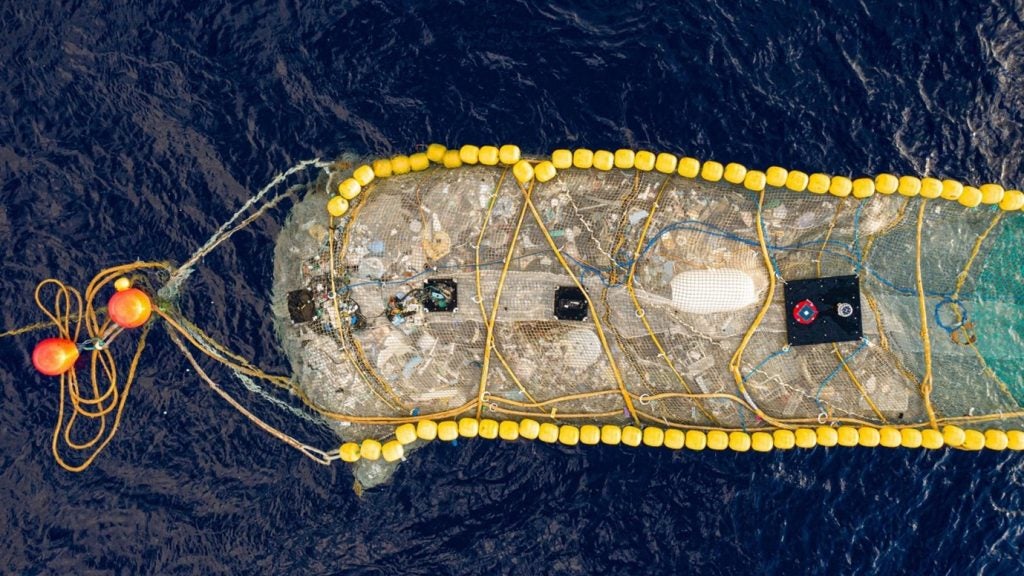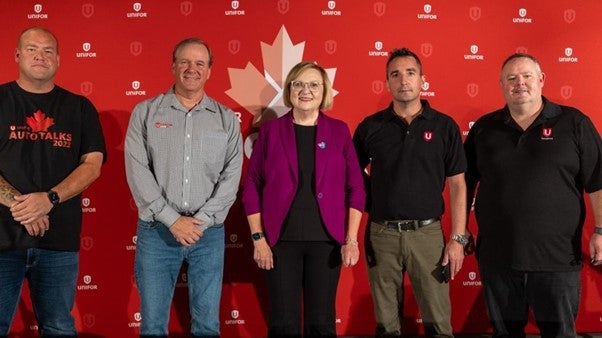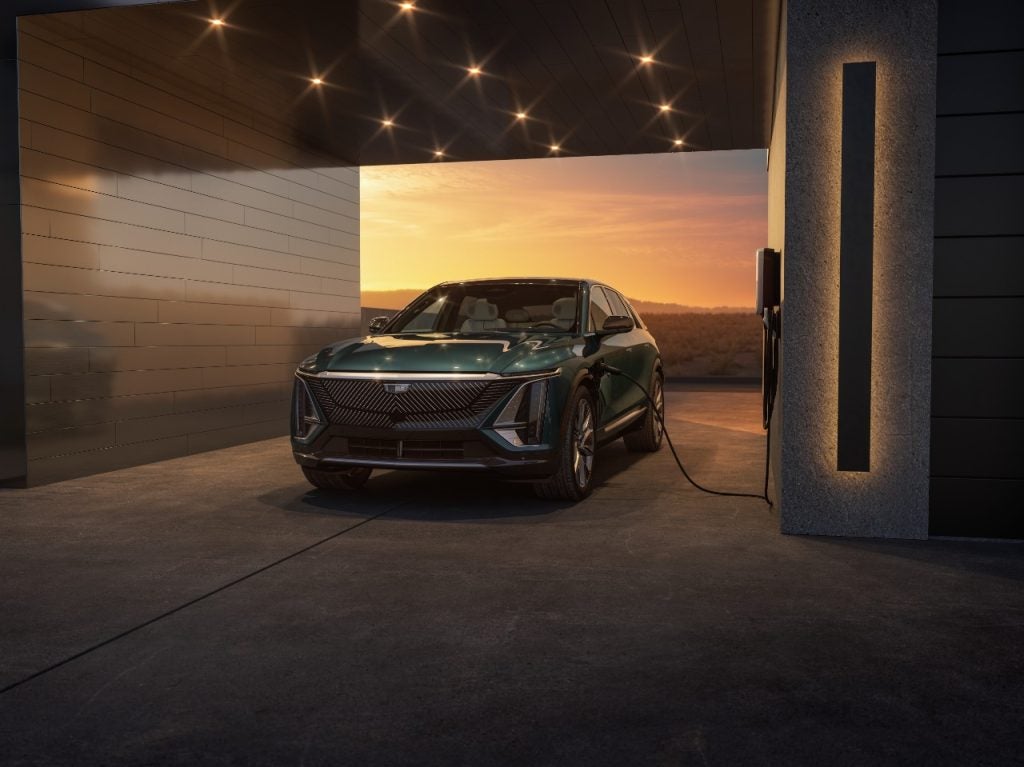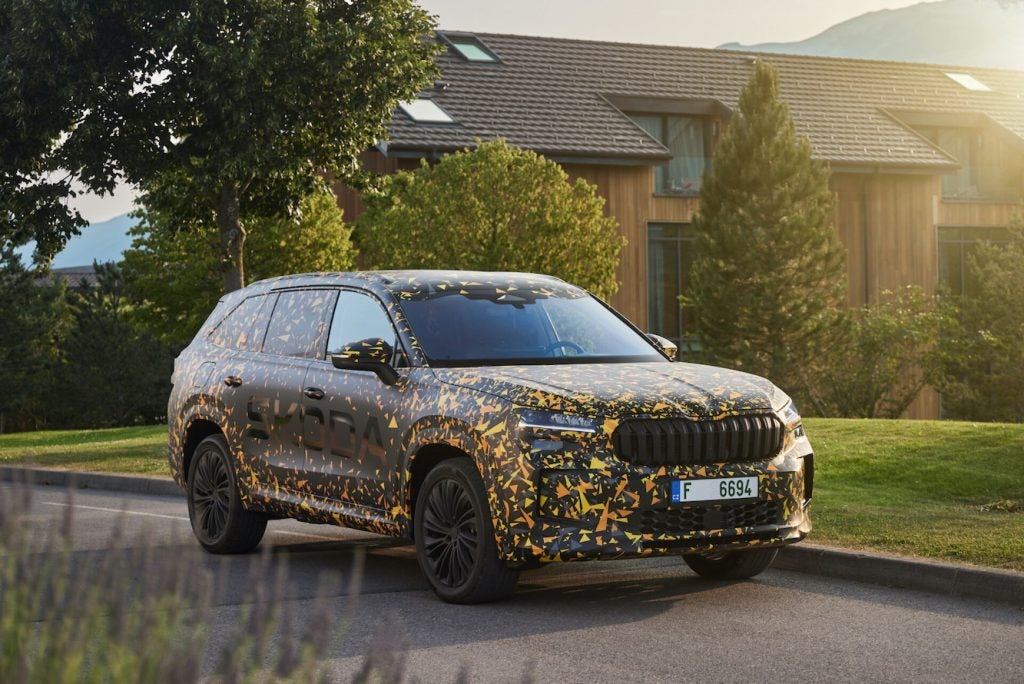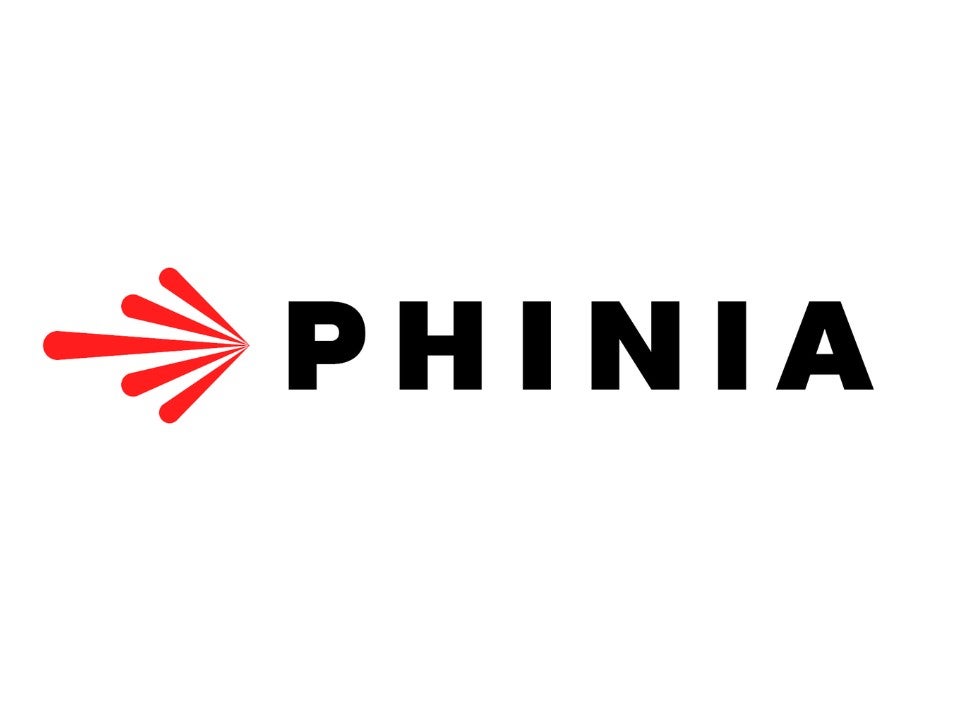
In July, BorgWarner completed the spin-off of its Fuel Systems and Aftermarket segments when PHINIA debuted on the NYSE. We spoke to Neil Fryer, PHINIA VP and General Manager – Aftermarket, to hear about the new entity’s next steps.

What are the immediate priorities for the business after the IPO?
Launching as a new entity gives us the freedom to innovate and deliver state-of-the-art solutions to our customers to help them towards their sustainability goals.
Our primary objective will always be to provide exceptional value to our customers. We will continue to achieve this by offering high-quality products and tailored application support to our OEM customers. For our aftermarket customers we’ll continue to offer OE specification products, to be quick to market with new products, to maintain high levels of market coverage in all our product ranges, to offer comprehensive training programs and to deliver over 90% levels of off the shelf product availability from our warehouses around the world, day in day out.
In terms of industry trends, how do you see the future for combustion engine business and where do you think profit opportunities are?
We know that the actions we take today will have a profound impact on the world we live in tomorrow. Our mission is to ensure existing internal combustion engines (ICE) run at peak performance, as cleanly as possible throughout their lives. We know and understand that electrification is a major trend in our industry, moving faster in light vehicles and slower in commercial vehicle and industrial applications. But we also believe that there’s still a really strong market opportunity for the right combustion technologies for many years to come.
We believe there is more than one route to carbon-neutrality, and if we want to reduce the levels of CO2 going into the atmosphere, there has to be a pathway which involves fuels. Achieving carbon-neutrality through battery electric alone requires a huge amount of renewable energy, and while this solution works for some applications, there are others where the energy density, the utility, and convenience of a fuel are needed. We also need to consider that in a number of regions of the world, the grid or the renewable energy supplies to support wide-scale EV adoption don’t exist. PHINIA is already investing in alternative fuels such as hydrogen, ethanol, and methanol to help drive a path to carbon-neutrality for these regions and applications.
Will you still be working closely with BorgWarner?
PHINIA and BorgWarner are now operating as separate entities, with PHINIA trading separately on the New York Stock Exchange. PHINIA will operate as an independent business, continuing to serve our customers and OEM partners with innovative fuel systems and components that drive efficiency and reduce emissions.
How does the spin-off impact the unit’s operations and customers?
Our customers will see no impact on the quality of products and the service that we provide. Our freedom to innovate means that we can deliver even more value by focusing on the products and solutions that matter most to them. We are also able to work closely with OEMs, fleet operators, and dealers to better understand their unique requirements which enables bespoke tailored solutions that deliver tangible benefits.
With a 1,500-person science and engineering team, we are able to prioritise improved efficiencies, emissions reductions, and progress towards carbon neutrality while offering effective collaboration and bespoke solutions to our customers. This approach is linked to our local teams and locally embedded expertise.
Providing exceptional value to customers is a primary objective which we achieve through offering high-quality products, tailored application support, and comprehensive training programmes.
Any thoughts on the long-term?
We’re excited to get started as an independent business with a clear vision for a sustainable future. Alternative fuels are an important piece of the puzzle when it comes to reducing carbon emissions, hand-in-hand with ensuring the combustion technology we use today is as efficient, effective, and long-lived as possible. There is a strong appetite for an alternative path and we see a clear role for carbon-free and carbon-neutral fuels, and we are excited to be leading the way when it comes to developing these solutions.
See also: DEALS FOCUS: BorgWarner about to complete Phinia spin-off



